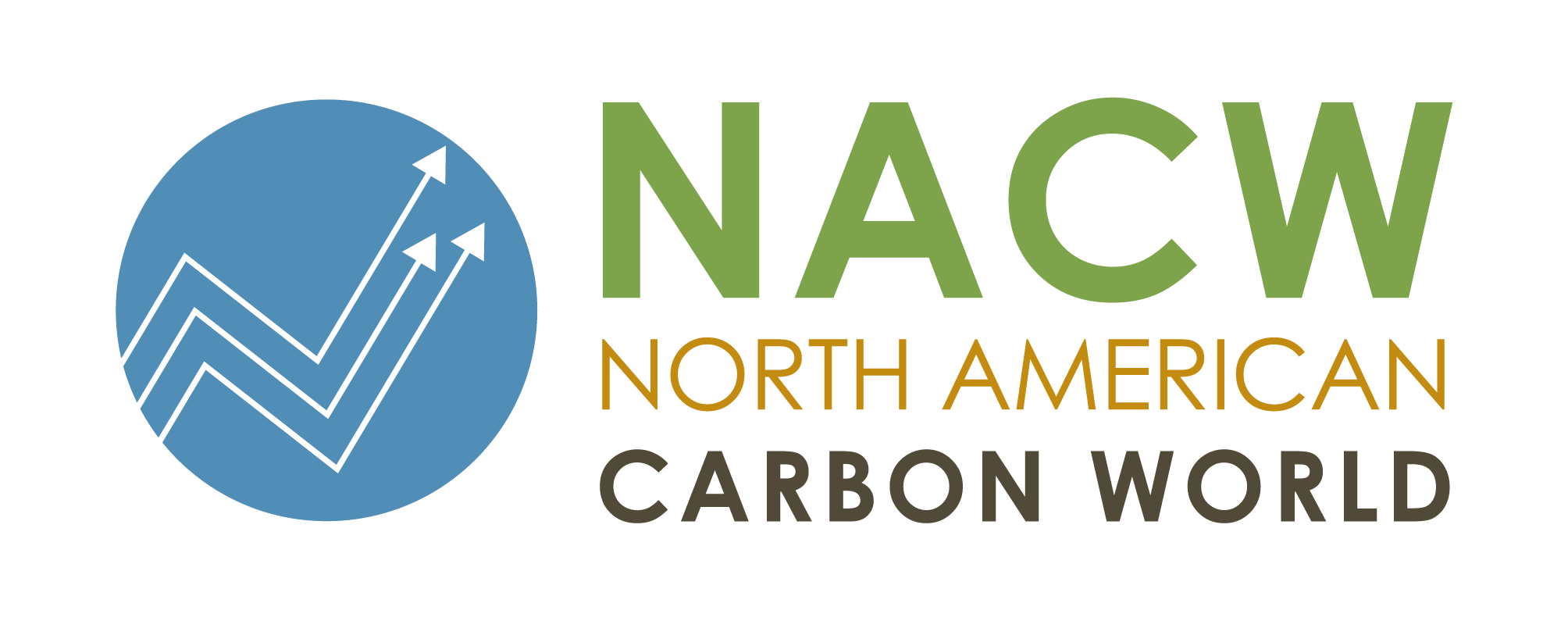The protocol continues the Climate Action Reserve’s support for climate action in the Global South
LOS ANGELES, CA – Today the Climate Action Reserve Board of Directors adopted the Argentina Landfill Protocol, which provides guidance on the quantification, monitoring, reporting and verification of GHG emission reductions from installing a gas collection and destruction system at landfills in the country. The protocol, which is the Reserve’s second in Argentina, is available for immediate use and continues the organization’s support of high integrity climate action through emissions removals and reductions in the Global South.
“The Climate Action Reserve has pioneered the standardized, jurisdictional approach for carbon project standards, especially for methane and other gas collection and destruction systems in the country. The organization researches and considers numerous local factors to produce a protocol that considers the unique circumstances, environment and communities of the jurisdiction, and we are extremely appreciative for the support and input from the Ministry of the Environment and Circular Economy of the Province of Córdoba and other local stakeholders in the development of this protocol,” said Linda Adams, Chair of the Climate Action Reserve Board of Directors.
“The Argentina Landfill Protocol gives landfill operators and provinces a clear, credible framework to measure and curb methane emissions. By translating solid data into verifiable carbon credits, it can unlock financing and strengthen the business case for the new investments our waste sector urgently needs, helping us stay on track toward our climate goals,” said Pablo Gabutti, Secretary of Energy Transition, Province of Córdoba.
“The Argentina Landfill Protocol provides an opportunity for qualifying landfills to utilize financial support from the carbon market to improve their own practices while taking action to address climate change and its impact. The protocol is an excellent tool for mobilizing finance for climate action in the Global South, and the Climate Action Reserve will continue to support this incentive for investment in the region,” said Robin Rix, President of the Climate Action Reserve.
According to a report produced under support from the UNEP Office for Latin America and the Caribbean, 24.5 percent of the Municipal Solid Waste (MSW) in Argentina is disposed of in open-air dump sites, while 9.9 percent of MSW is disposed of in controlled dumps and 65.6 percent in landfills. Waste from open landfills vents methane into the atmosphere, which creates a significant and challenging issue for communities and supports the progression of climate change. The option to generate carbon credits for capturing and destroying the methane provides incentive for landfill operators to change the management of their landfills, and the Argentina Landfill Protocol provides tailored, clear guidance on how to do this with rigor and high integrity.
Like all Reserve protocols, the Argentina Landfill Protocol was developed through the Reserve’s signature transparent, multi-stakeholder, and public process involving an expert workgroup comprised of members with diverse perspectives and areas of expertise, engagement with local communities, public comment and response, and public posting of all protocol development meetings and materials.
In developing this protocol, Argentina’s laws, regulations and common practice for landfills were evaluated and considered. Also evaluated was the need for applicable safeguards.
To learn more about the Argentina Landfill Protocol and other Reserve protocols, please visit: https://climateactionreserve.org/how/protocols/.





Comments are closed here.